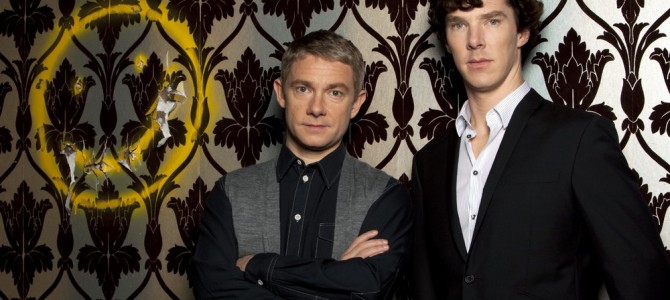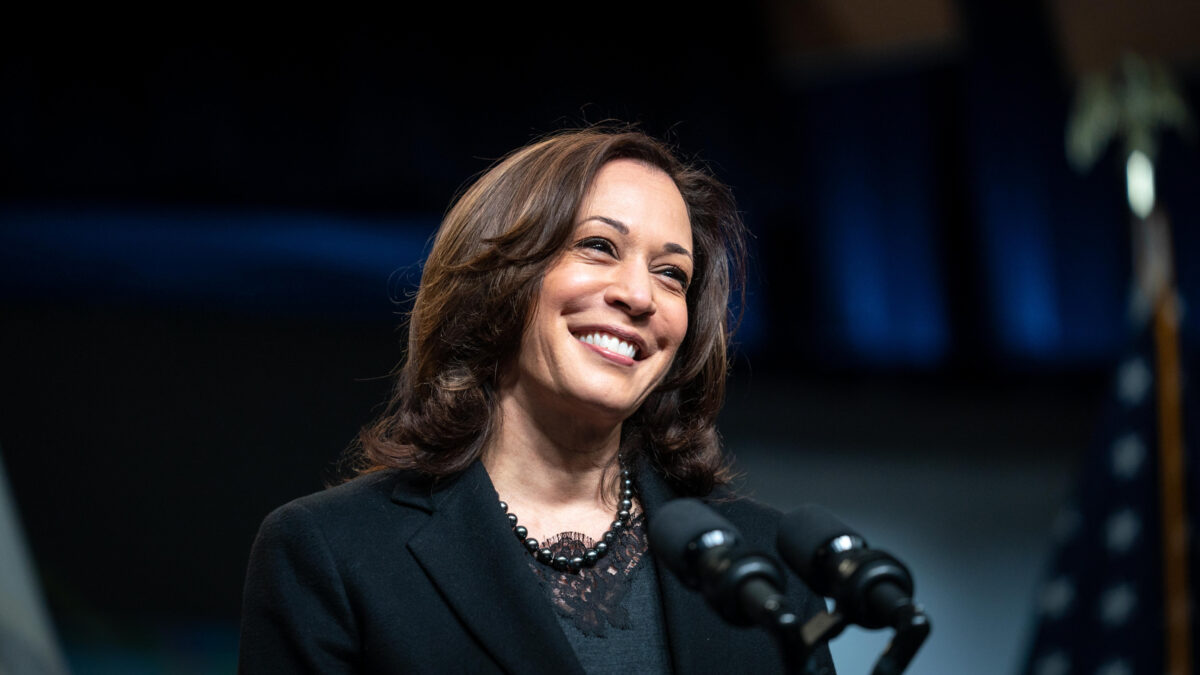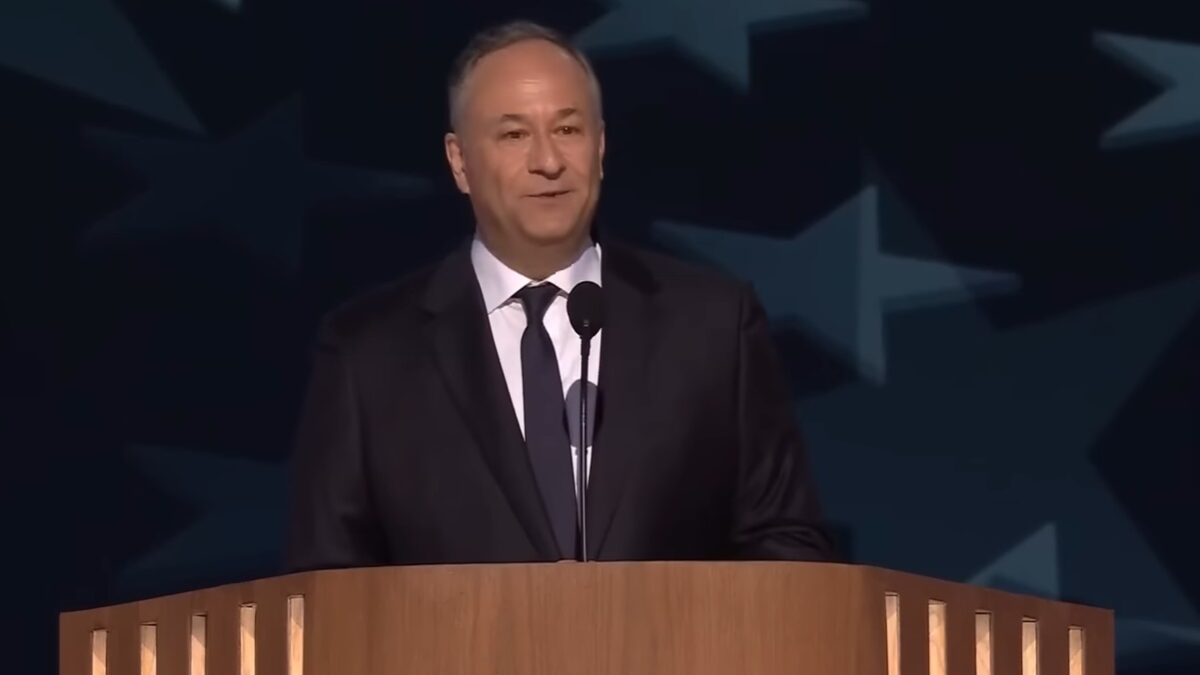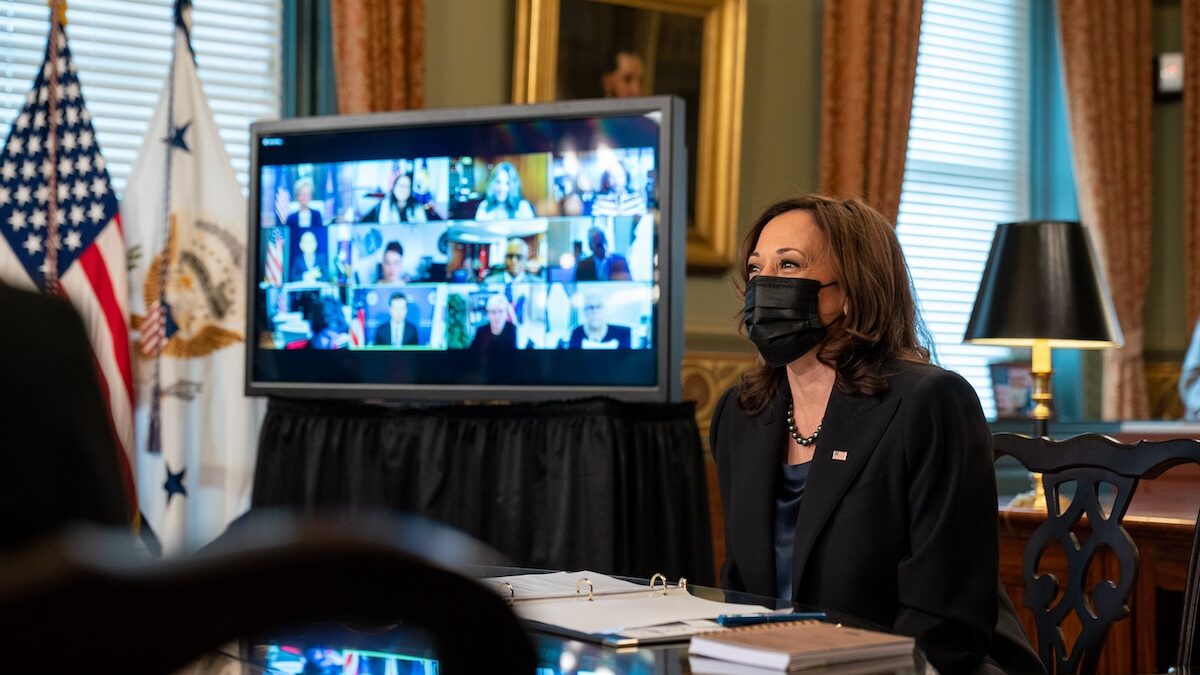
Have you ever been channel surfing and run into one of those PBS fundraising drives? They have a host extolling the virtues of public television. Then the camera pans across a phone bank of volunteers waiting to take your call and your money. You probably changed the channel as fast as you could.
If that happens again, you should take a moment to give thanks those fundraisers are voluntary. In 2012, in the United Kingdom (UK), 180,000 people tried to withhold their money from the British Broadcasting Corporation (BBC). They were taken to court, fined, and given criminal records. If they could not or would not pay the fine, they went to jail. Their cases represented over 10 percent of all criminal prosecutions in the UK that year.
This is because BBC is funded by something called the “license fee.” It’s a tax of £145.50($245) per year on every household that has a television that receives a signal. All the money collected from the license fee goes to the BBC, even if the taxed person never uses his or her TV to watch BBC shows.
The license fee was first introduced in 1946 when BBC was the only channel on the air. At the time, a reasonable person could argue it should be funded by taxes because it met the definition of a “public good.” The BBC was non-rivalrous and non-excludable. However, that changed when commercial channels entered market in the 1960s. Today, there are thousands of channels in the UK. Many people eschew television sets altogether, preferring to watch online. Satellite broadcasting makes it possible to block access to the BBC for those who don’t want it. Yet the license fee remains.
Big Bird Doesn’t Need Big Government
In America, public funding for television and radio is a touchy subject. Funding for National Public Radio, in particular, grates on many conservatives, who see it as having a left-wing bias.
In one of the more memorable moments of the 2012 presidential campaign, Mitt Romney pledged to eliminate federal spending on public television and radio. During a debate on PBS, he said “I like PBS. I love Big Bird…But I’m not going to keep on spending money on things to borrow money from China to pay for.”
Federal funding of public television and radio is conducted via the Corporation for Public Broadcasting (CPB). Set up in 1967, it receives an annual appropriation from Congress, which last year amounted to $445 million. The CPB divvies up the money based on a formula, much of it going to small rural stations. All told, federal funding represents just 15 percent of PBS’s budget and 2 percent of NPR’s budget. Levels of state funding vary.
The bottom line is that PBS and NPR are used to soliciting donations from private sources. If Romney had been elected and kept his pledge, they would have survived. They would have been forced to seek out new funding sources. They might have had to pare down some operations, or shut down some rural stations, or both.
The Beeb Ain’t NPR
The BBC’s budget dwarfs PBS and NPR. It brought in over $6 billion last year via the license fee. It also get free spectrum, estimated to be worth $3 billion, from the UK government.
The BBC’s budget doesn’t just differ in size, it differs in kind. While PBS and NPR get their public money through general tax revenue, the BBC is responsible for collecting the license fee itself. This is done under the trading name “TV Licensing” and usually through subcontractors. You could say TV Licensing is like the BBC’s private IRS. TV Licensing’s inspectors start by sending threatening letters to households suspected of watching TV without a license. This is followed by a home visit, in which an inspector attempts to gain permission to enter. If this is denied, he needs a search warrant.
In the past two years, TV Licensing received 40,000 complaints about its inspectors’ behavior. The Internet holds many unverified reports from people who say inspectors who came to their homes were aggressive or did not follow the requirements that they identify themselves and inform residents of their rights. The BBC is vigilant about requesting that YouTube remove videos of inspectors’ visits that private individuals upload.
Of the 180,000 people prosecuted in 2012 for not paying the license fee, two-thirds were women. Those prosecuted are usually poor. “The people who find it most difficult to pay the license fee are people in poor families and single mothers. Of all the people who get prosecuted for not paying the fine, they’re almost all single parents. That cannot be right,” says Eamonn Butler, director of the Adam Smith Institute, a free-market think tank in London.
BBC officials like to point out that the license fee is an efficient funding mechanism because the cost of collecting it is very low, usually around £100 million year. But they fail to include the larger cost to society of shackling hundreds of thousands of people—many of who are already on the lowest rungs of the economy—with a criminal record.
Not Just Highbrow Culture
In America, we tend to associate the BBC with high-quality shows like “Sherlock” and costume dramas like “Call the Midwife.” In the UK, however, much of its offering is very mainstream. The BBC’s Radio 1 is a pop station. It plays Lady Gaga and Kanye West just like any commercial alternative. The BBC airs shows like “The Voice,” “Celebrity Master Chef,” and “Strictly Come Dancing”—the British version of “Dancing with the Stars.” “The BBC does a whole host of broadcasting now that would undoubtedly be there if there was only commercial TV. The argument that the license fee is needed to cover programs that are more high-minded or high-brow just isn’t the case,” says Matthew Elliott, head of The TaxPayers’ Alliance.
The BBC is famous for its high-quality historical documentaries and nature specials. But Elliott believes these would still be made without the license fee. “We’re lucky in the UK because we share the English language with millions of people across the world. So there’s a huge market out there,” he says. “The idea that you can’t do a niche nature show without taxpayer funds simply doesn’t exist. The number of potential viewers is very high.”
The BBC uses the license fee to pay generous salaries to its staff. Its director general earns $764,000 per year. By contrast, UK Prime Minister David Cameron earns $242,000. In fact, 87 BBC executives currently earn more than Cameron. In July 2013, the BBC was engulfed in scandal when a government audit revealed the excessive severance payments it had been handing out. Over the previous three years, the BBC had paid out $39 million to 150 departing executives, and one-quarter of these payments were more generous than the person’s employment contract required. By way of reform, the BBC announced it would cap all severance payments at $255,000.
Forcible Support for Left-Wing Journalism
The license fee has also made the BBC’s news division into the largest in the world. Its coverage tends to be presented from a left-wing perspective. If conservatives think NPR is biased against them, they can at least take comfort that its audience is relatively small. “Technically, the BBC has to be impartial and can’t take sides in an argument,” says Elliott. “But the fact is that most BBC journalists come from a certain mindset. Even if they don’t consciously go out to promote, say, a global warming agenda or a pro-European Union agenda or make the implicit assumption that high-tax-high-spend economies are the best, they’re still doing it subconsciously.” Elliott points to the fact that the chief editor of “Newsnight,” the BBC’s flagship news program, used to work at The Guardian, a left-wing newspaper. Also, Newsnight’s economics editor previously served as economist to a federation of trade unions.
In the short-term, Britain’s taxpayers will continue forcibly funding “Celebrity Master Chef” and handsome severance packages. However, there may be an end in sight. The British Parliament has to renew the BBC’s charter every ten years. The current charter expires in 2016. Parliament can change the BBC’s funding model in the next charter. There is a lot of support for that idea. But the BBC has made it clear that it will fight tooth and nail to prevent any change to the status quo.
The BBC’s resources are considerable. “People think of Rupert Murdoch as owning a lot of media outlets, but the BBC overshadows that completely,” says Butler. The BBC employs over 23,000 people directly, and many others indirectly. They want to keep their jobs.
Earlier this year, a Member of Parliament proposed a bill making nonpayment of the license fee a civil rather than a criminal matter. The logic was that, in the UK, if you don’t pay a parking ticket or your gas bill, it will be dealt with in the civil courts. Why should the license fee be any different? “The BBC did a very aggressive campaign to block that,” says Elliott. “They threatened that if it happened, many fewer people would pay and all sorts of services would have to be cut.” The bill went nowhere.
People Are Tossing TVs
The BBC is focused on lobbying, but advances in technology may eventually force change. “The license fee should have gone back in 2006 when the charter last came up for renewal. And even then we had Sky [a popular satellite broadcasting service] and cable television, and there was already a diminishing case for a license fee. Now, of course, we’ve got people watching TV programs over the Internet,” says Butler. “So I think technology has overhauled the system.”
Growing numbers of people are ducking the license fee by throwing out their television sets and watching online. Viewers are growing accustomed to waiting for a show to become available for download. They don’t need to watch it live anymore.
Butler thinks that, if the UK government wants to fund public broadcasting, it should make a general amount of money available to anyone who provides that service—not just the BBC but also other channels.
Elliott also believes the license fee’s days are numbered. “We live in a world where a license fee is becoming increasingly optional and, therefore, anachronistic. Whether or not it goes under the next charter or whether it goes the time after that is up for debate, but certainly in 20 years’ time we won’t have it,” he says. “My prediction is that when the charter is renewed in 2016, we will see some form of scaling back of the license fee.”
Before too long, the BBC may have to start airing fundraising drives—just like PBS.









